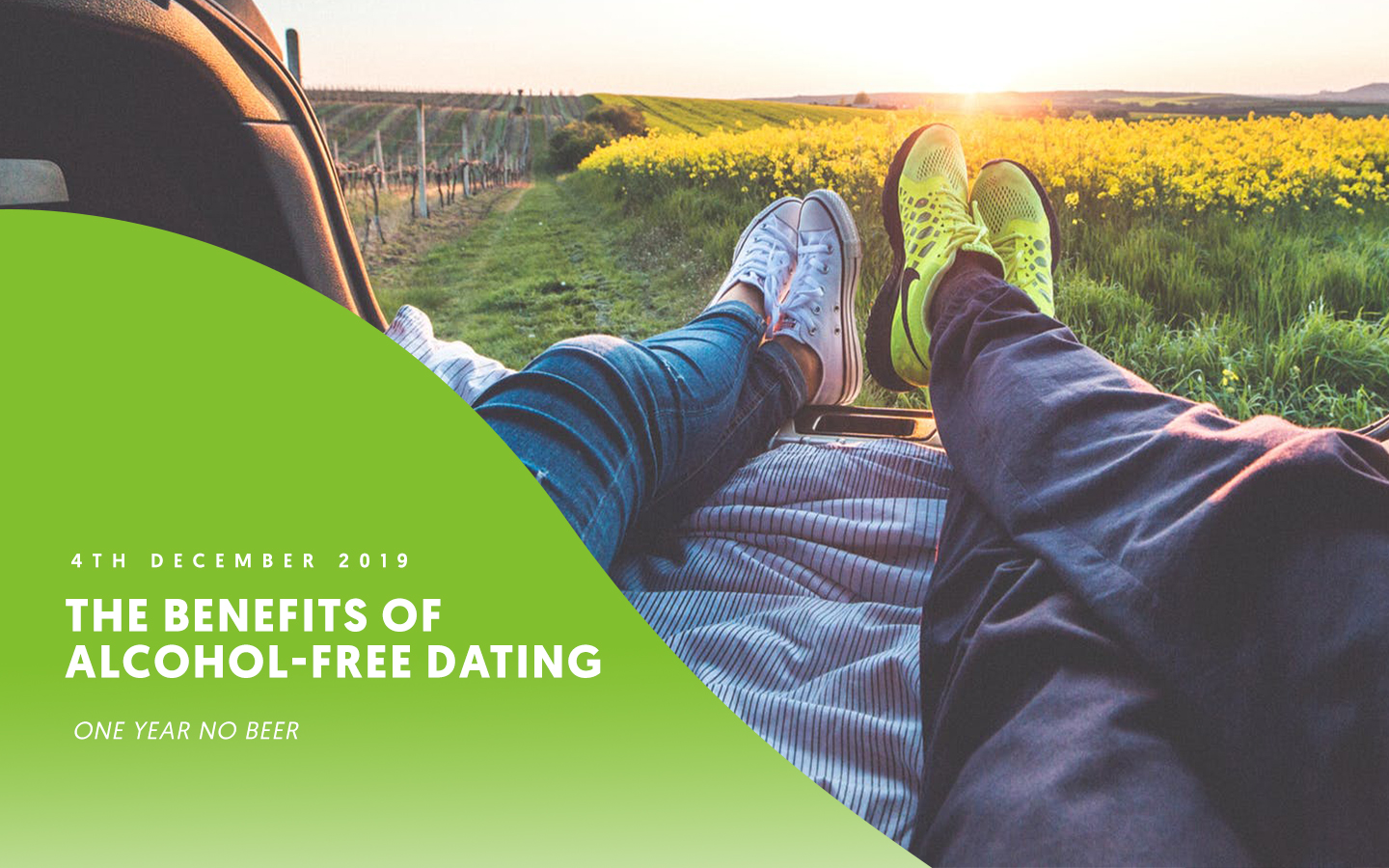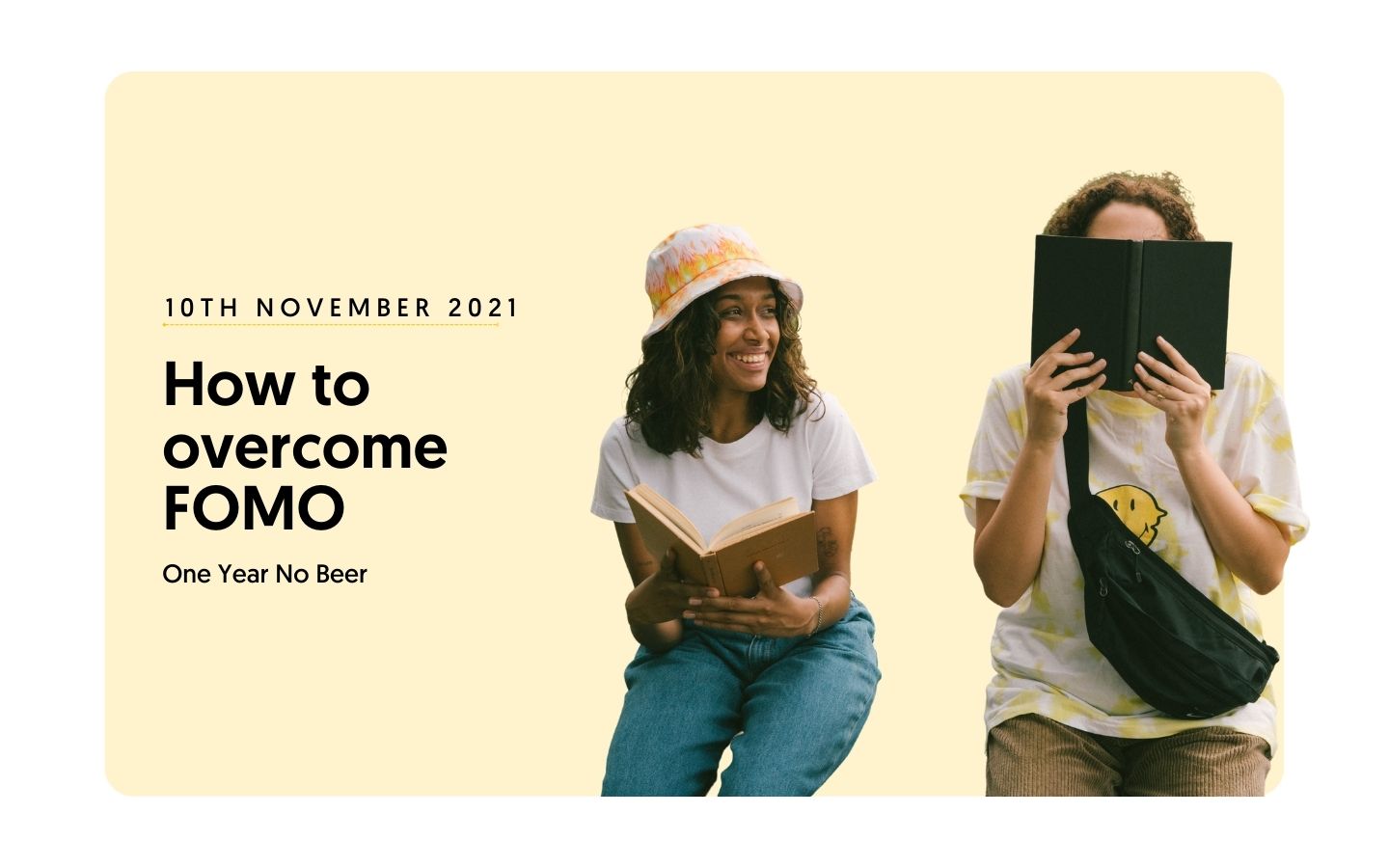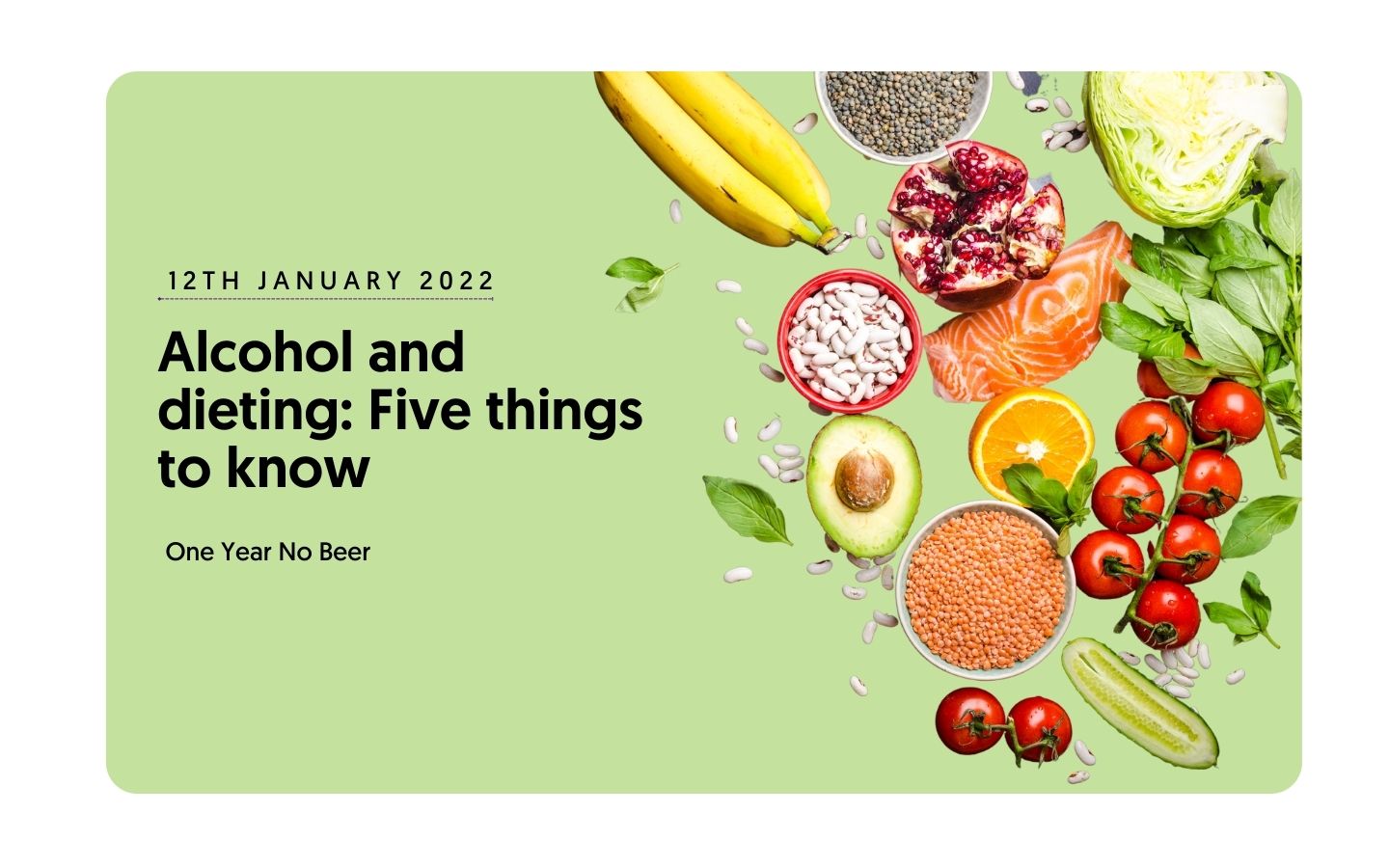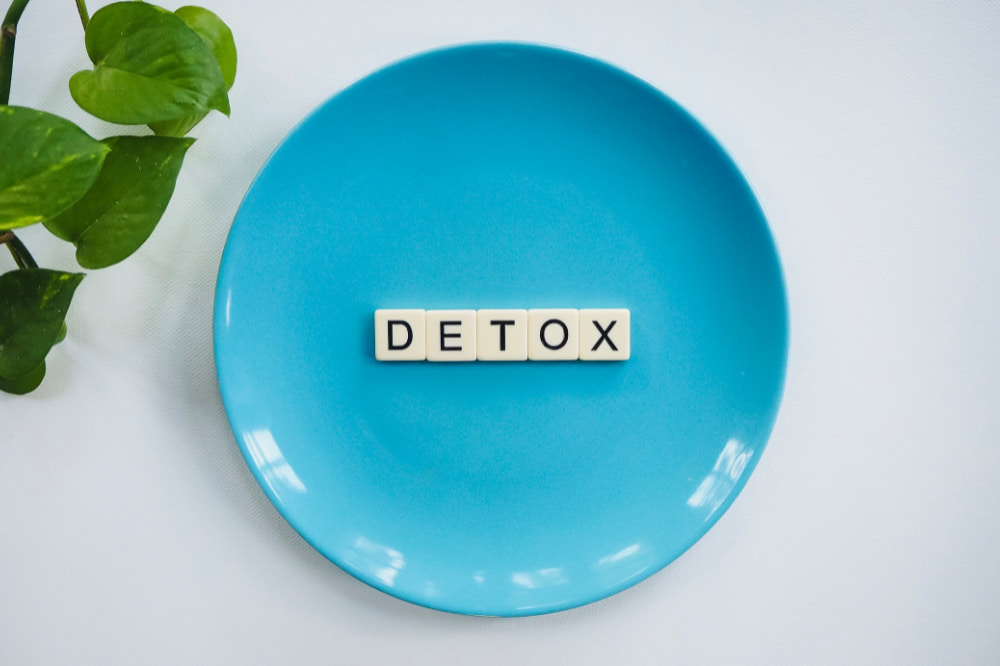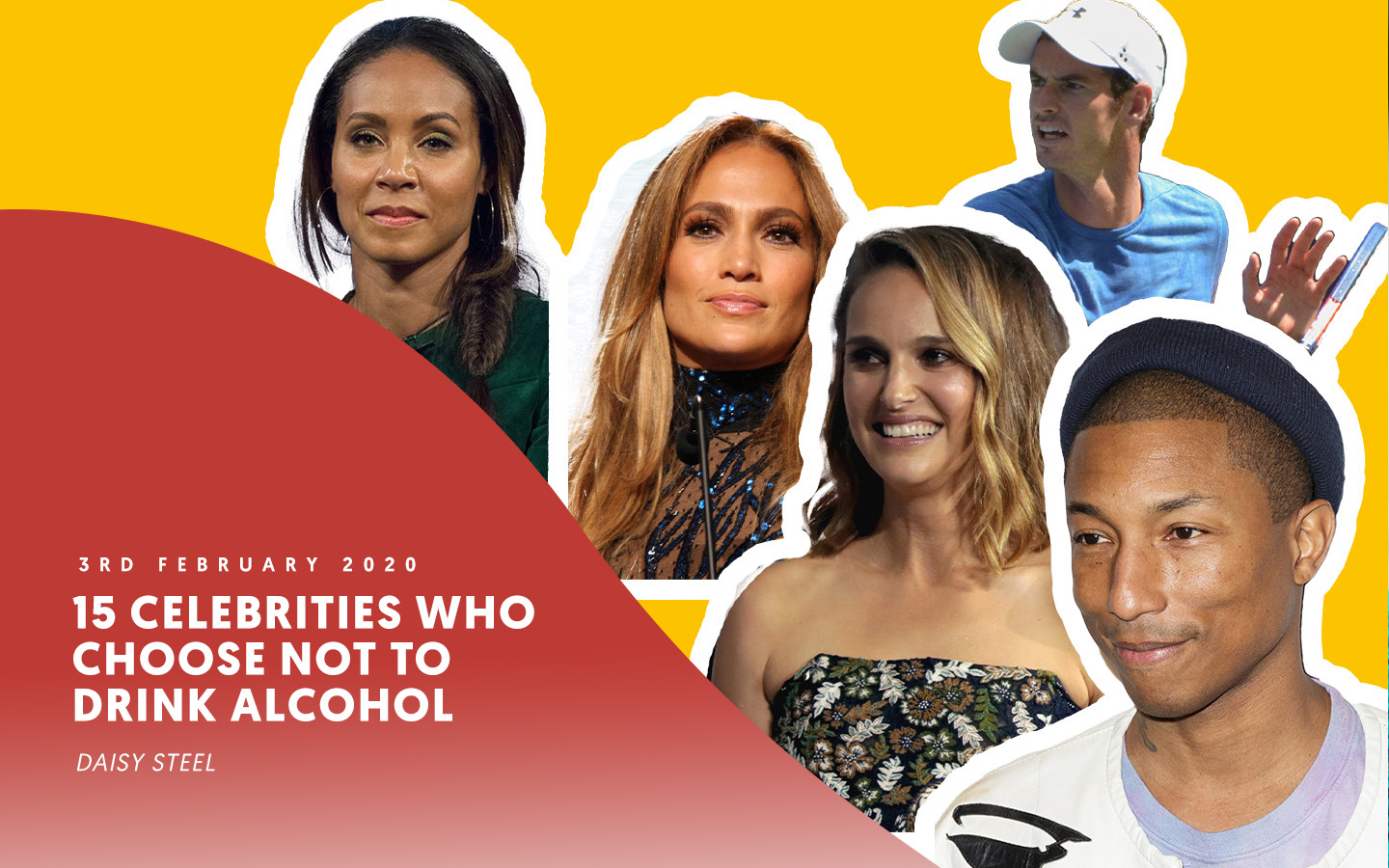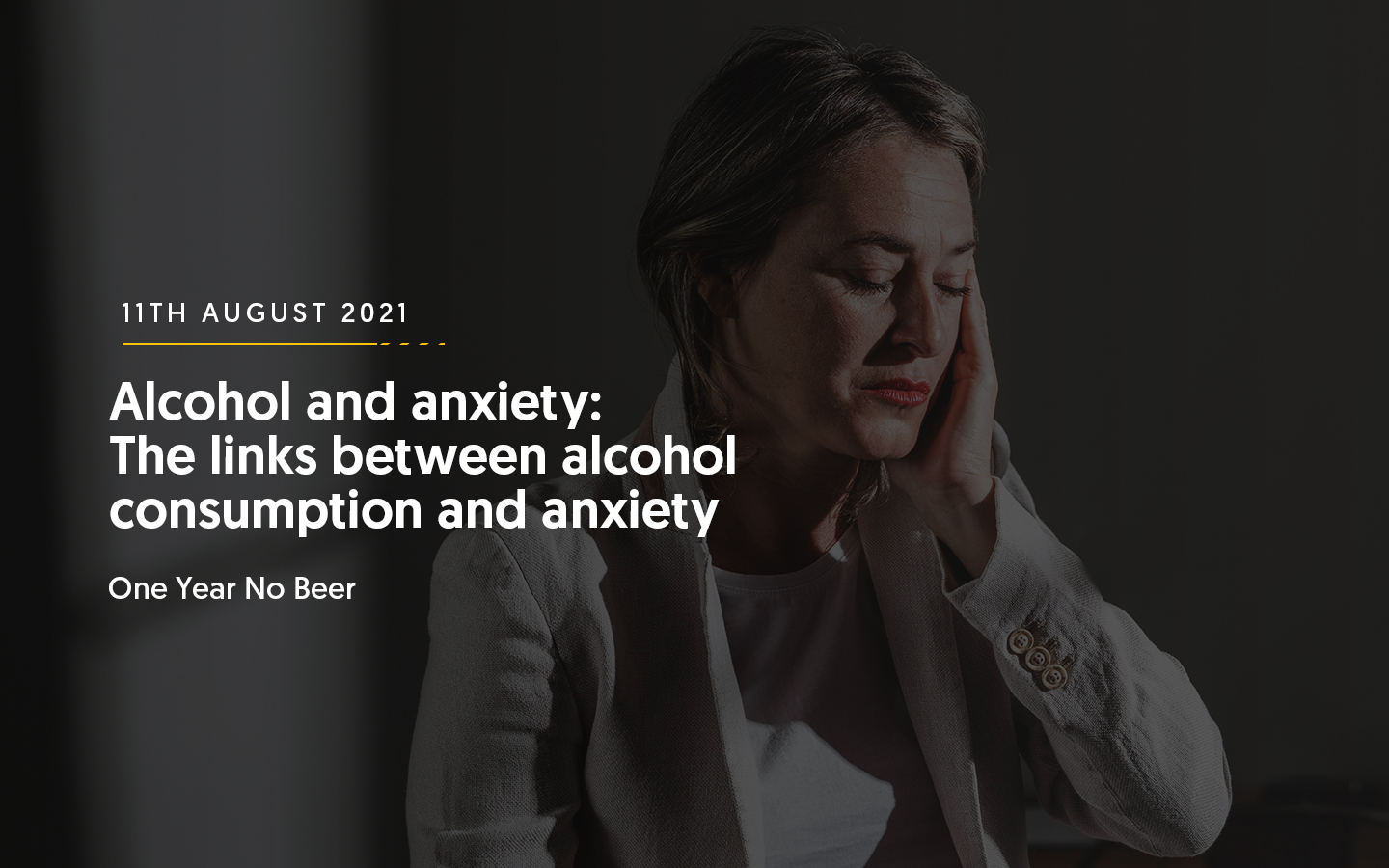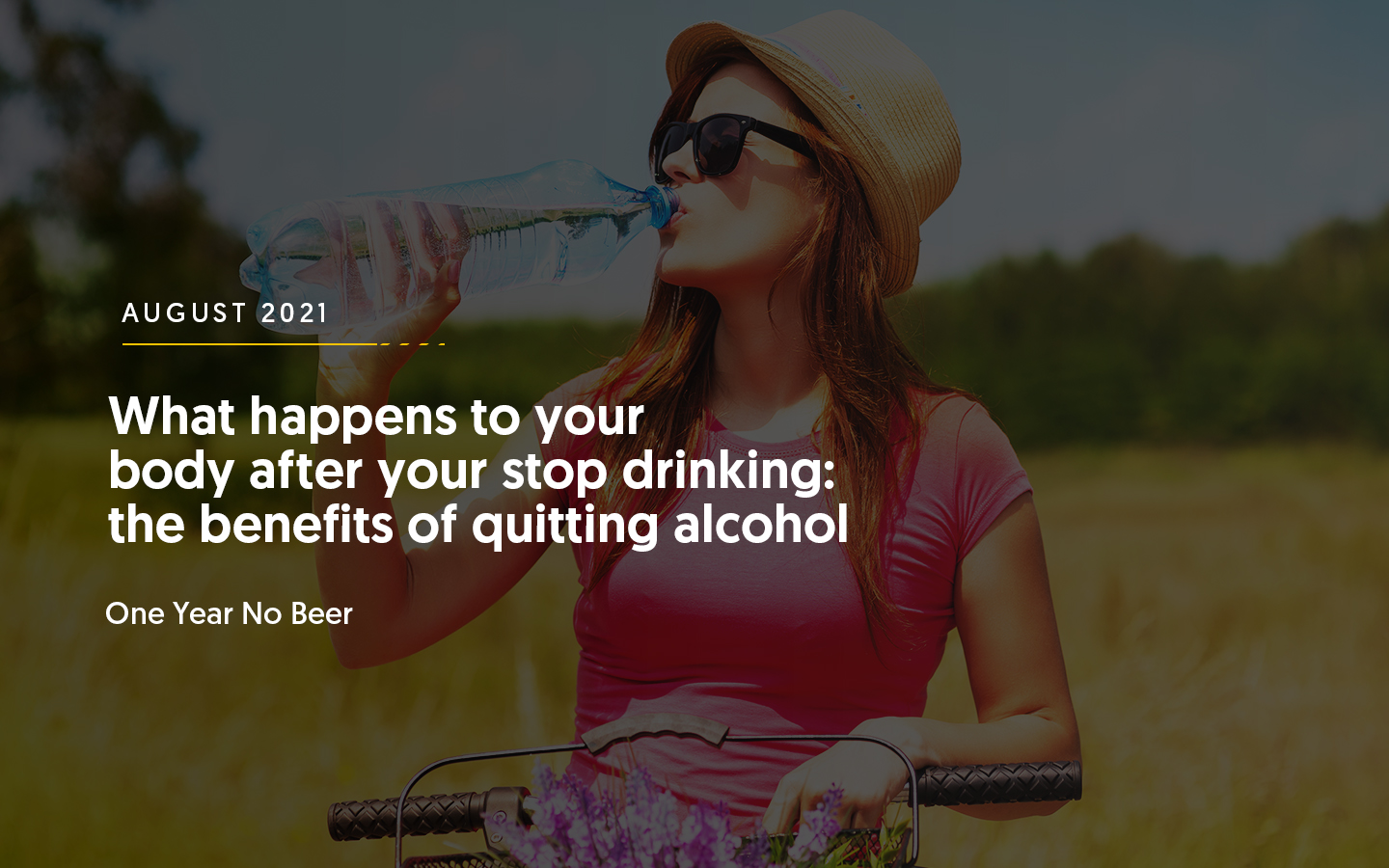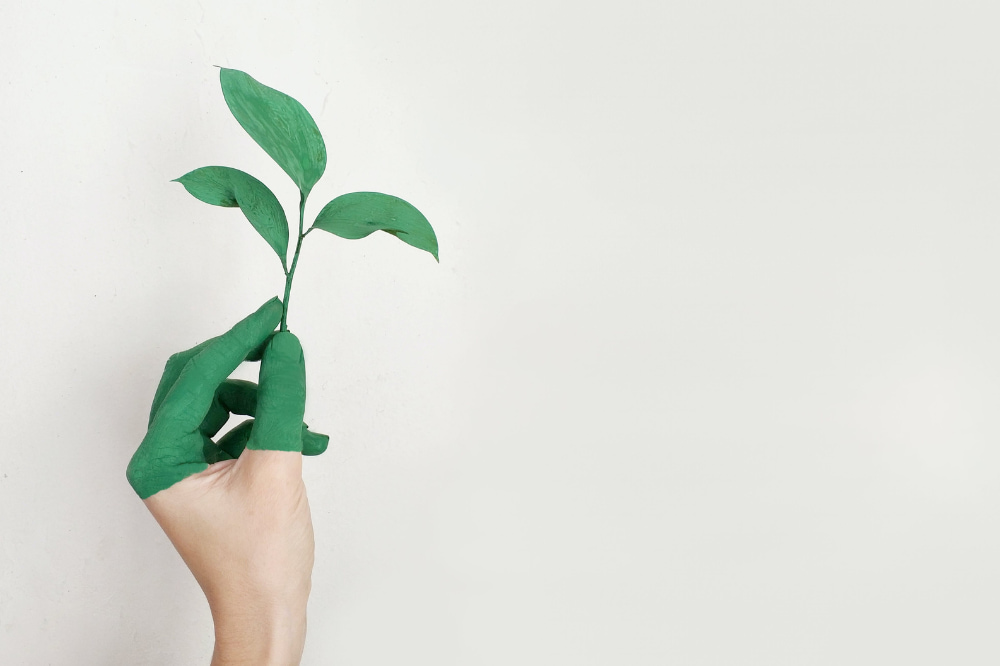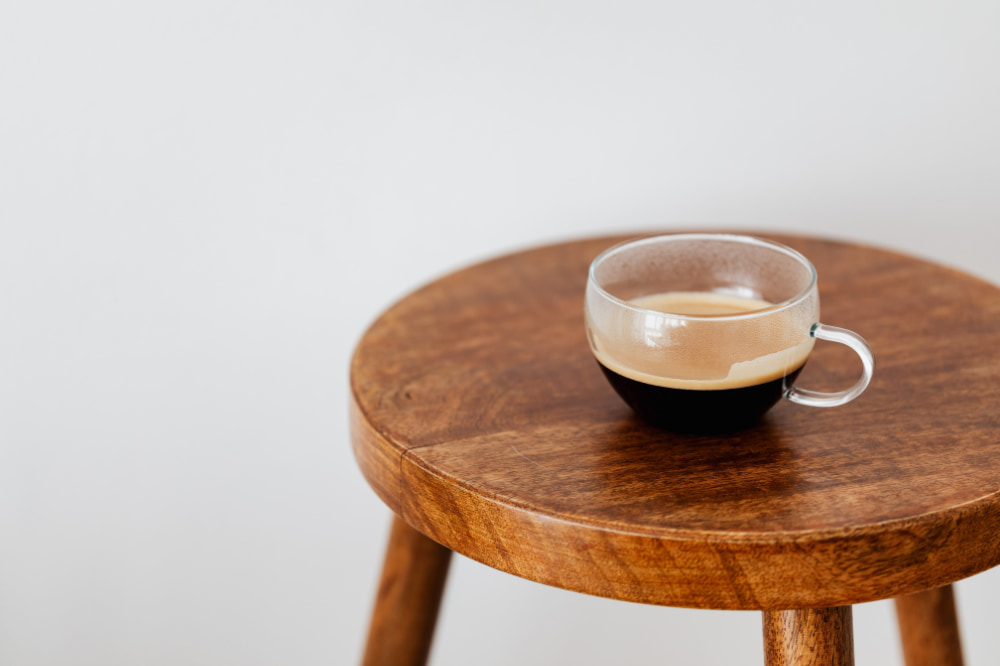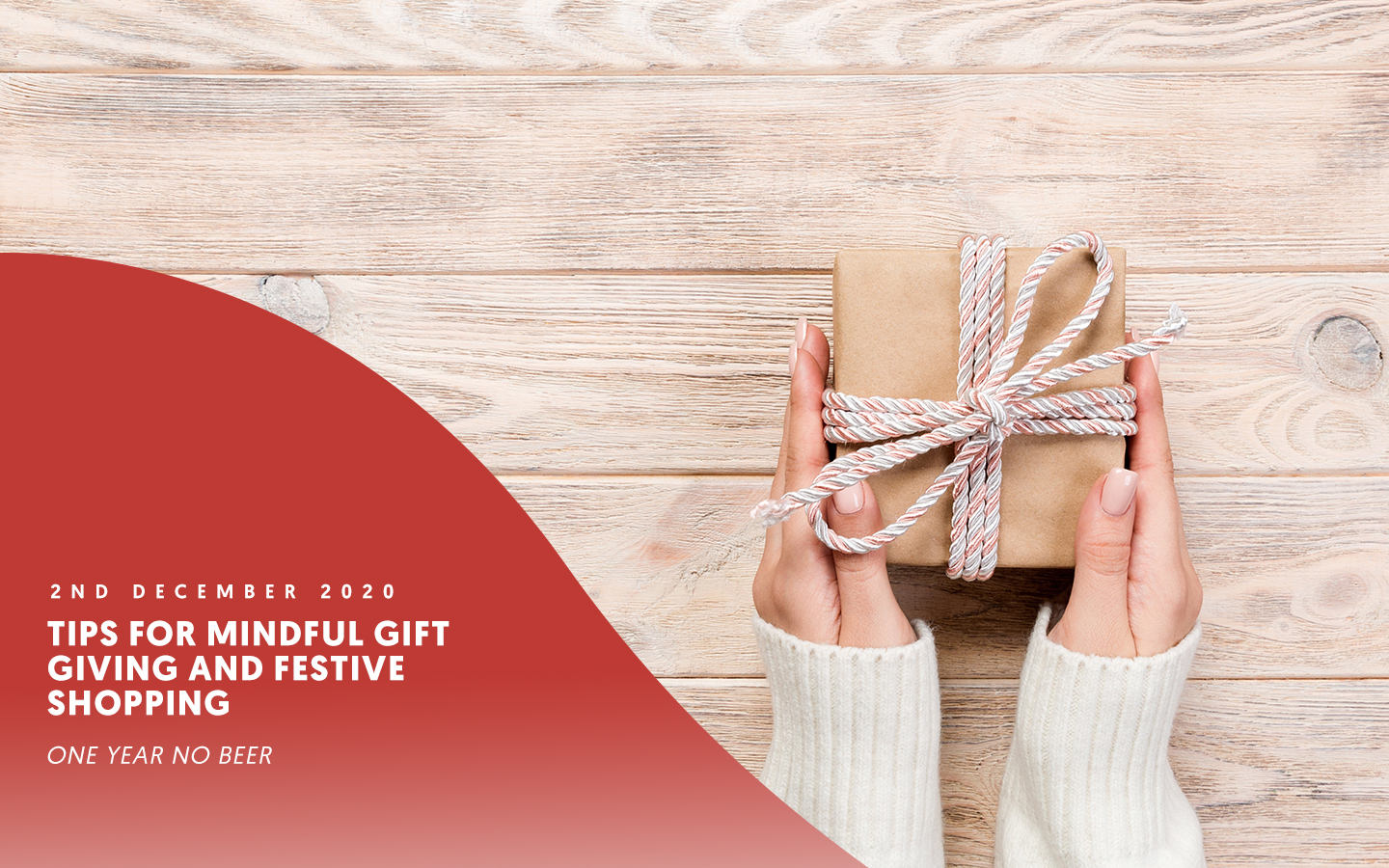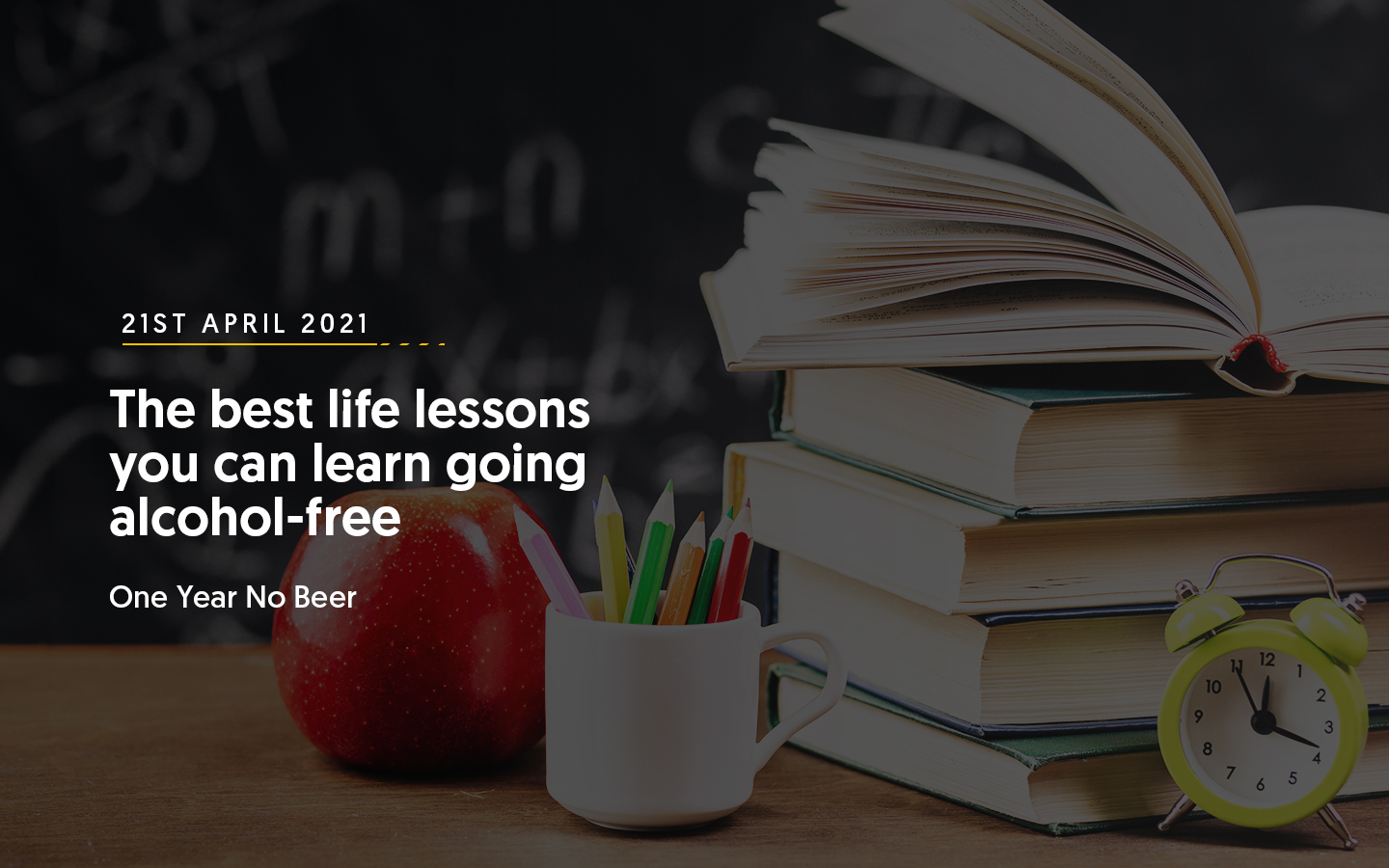The OYNB Blog
Start improving your quality of life with the OYNB blog. Packed with articles and inspiring stories to help you become the best version of yourself!
The Benefits of Alcohol-Free Dating
In today's world, socialising often revolves around alcohol, so choosing to embark on alcohol-free dating can feel like a unique and challenging choice. A challenge, however, does not have to mean an impossible task, as many individuals are discovering. The multitude...
How to Deal With FOMO
In a world dominated by social media apps and constant connectivity, FOMO (the fear of missing out) has become an all-too-familiar emotion for many. Whether it's seeing friends' exotic vacations, attending glamorous events, or even witnessing the achievements of...
Alcohol and Dieting: Five Things to Know
Alcohol and Dieting: Five Things to Know Embarking on a journey towards a healthier lifestyle often involves making conscious choices about our diet. While many people focus on food choices and exercise, one aspect that often gets overlooked is the risk factor of...
Our Guide to a Detox Diet Plan
Embarking on a detox diet plan can be a transformative journey, bringing numerous health benefits and revitalising your overall well-being. At OYNB, we understand the importance of fostering a lifestyle that promotes optimal health, both physically and mentally. In...
15 Celebrities Who Don't Drink Alcohol
As you get older, you see everyone around you begin to drink. This social acceptance can be so strong that you often begin to drink yourself, even though you know it isn’t great for your health. Especially if you’re drinking frequently (for example, more than once a...
Alcohol and anxiety: The links between alcohol consumption and anxiety
Drinking to relax? To de-stress after a busy day? To feel comfortable in social situations? Alcohol is often used to help with feelings of anxiety, but research suggests it may have the opposite effect. Have you found yourself reaching for a cold glass at the end of a...
What Happens to Your Body After You Stop Drinking: All of The Amazing Benefits of Quitting Alcohol
If you’ve stumbled across our article, it is most likely because you want to stop drinking alcohol, whether that be forever or just to cut down on your excessive alcohol consumption; this can be a huge revelation in your life. Each individual has a different...
Self Development: Self-Growth and Self-Development Activities to Try Today
Starting a journey of self-discovery is one of the most rewarding activities that you can do. It involves paying attention to yourself and investing time and effort to make changes to develop various aspects of your life. Whether it's improving communication skills,...
Top 7 Tips to Quit Drinking Alcohol or Control Your Drinking Habits
Recognising that you have an alcohol dependence can be scary. However, as simple as it sounds, the first step to changing your life is admitting you want to change. Whether you want to stop drinking alcohol altogether or adopt a healthier lifestyle to feel physically...
Tips For Mindful Gift Giving and Festive Shopping
Every year, as it edges closer to Christmas, it is important to find the right gifts early for your friends, family, and colleagues, so you’re not worrying about leaving everything until the last minute. Instead, being prepared and looking a month beforehand, or early...
Quitting Alcohol and Weight Loss: Top Tips to Stop Drinking and Lose the Bloat
If you’ve been thinking about potentially cutting out alcohol from your diet to live a healthier life, it can be a hard thought to process your days or weekends without it, especially if you're a heavy drinker. However, if you’re on this path to living a sober...
The Best Life Lessons You Can Learn Going Alcohol-Free
In a world where celebrations, social life, and gatherings often revolve around alcohol, the idea of going alcohol-free might seem like a daunting challenge. The benefits and life lessons that can be gained from going sober as an experience are invaluable. In this...
The Impact of Alcohol on Sleep
In a world that often glorifies the social aspects of drinking, it is essential to shine a light on the less-discussed but equally significant consequences of alcohol consumption. One area that deserves careful consideration is the impact of drinking alcohol on sleep....

